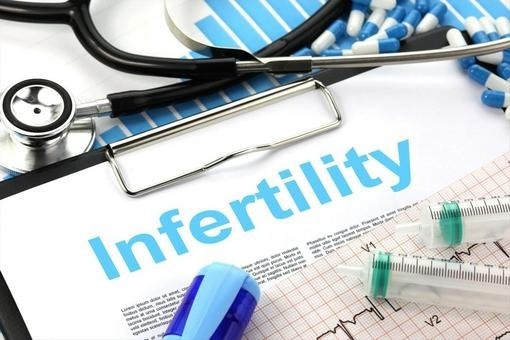People struggling with infertility take very different views on the medical evidence around treatment and need personally tailored support from doctors to make informed choices, according to research by Queen Mary University of London newly published in the peer-reviewed journal Sociology of Health and Illness.

Image Credit: Queen Mary University of London
Over 50,000 people have fertility treatment every year in the UK, and an estimated 70% of these use controversial ‘add-ons’ that promise to increase their chances of having a baby but aren’t supported by solid evidence. Most fertility treatment in the UK is paid for privately, at prices from £3-5,000 for a standard IVF cycle to more than £20,000 with certain add-ons, so it’s vital that patients can make decisions based on medical evidence rather than healthcare marketing.
Private fertility care providers are often accused of manipulating vulnerable patients for financial gain, following a BBC Panorama film about IVF clinics selling unproven or risky add-ons. However, research led by Queen Mary’s School of Business and Management tells a different story: While some patients prefer to delegate decisions to their doctors, others actively assess add-ons and decide to take risks, especially when fertility treatment has not worked in the past.
Researchers held in-depth interviews with 51 fertility treatment patients across England aged 29 to 47, including those personally going through IVF as well as their partners. They found that patients shared a general understanding of what counts as medical evidence, but took different views of what is ‘good’ or ‘enough’ depending on their personal experience of infertility and IVF.
The research found that patients were expected to make their own choices about what add-ons to have – and while some did want to critically assess the evidence available, around half preferred to leave decision-making with healthcare professionals and just follow their advice. Interviews also revealed that patients looked at evidence in relation to their own experience, calculating risks and making choices based on what they had been through in the past or how many chances they felt they would have to try for a baby in the future.
With the UK fertility regulator (HFEA) currently considering whether to fine providers for mis-selling add-ons, and the Competition and Markets Authority currently reviewing fertility clinics’ compliance with consumer law guidance, this new research provides timely evidence to inform these important discussions on the privatization of healthcare and how patients can be supported to make informed choices in the resulting market.
In light of the study, researchers are calling for healthcare professionals to rethink what “informed choice” means in a privatized system. Patients need quality information in an accessible format so they can make treatment choices themselves, but alternative strategies should also be explored to defend those who take calculated risks or defer to their doctors.
Study author Dr Manuela Perrotta, reader in technology and organization at Queen Mary University of London, explained: “Discussion around IVF add-ons often tells a story of rapacious private clinics selling useless fertility treatments to gullible patients, which is only one side of a complex story that our research works to unpick. Patients must be given an unbiased view of high-quality evidence in a simple way, so they can make informed choices on their own personal treatment – but some would rather put their trust in healthcare professionals to make those decisions, so it’s important to recognize and respect that as a choice in itself.”
Our research challenges the view of IVF patients as willing to uncritically accept or request unproven and expensive treatment as a desperate act to increase their chances of having a baby; on the contrary, we found they actively make complex decisions in the intense and uncertain world of reproductive medicine. Patients choosing to pay for private treatment and pursue controversial add-ons is not due to a lack of information or understanding, but personally weighing the scientific evidence up against their own unique fertility journey.”
Dr Josie Hamper, Co-author and Post-doctoral Researcher, Queen Mary’s School of Business and Management
Source:
Queen Mary University of London
Journal reference:
Perrotta, M., et al. (2022) Patient informed choice in the age of evidence-based medicine: IVF patients’ approaches to biomedical evidence and fertility treatment add-ons. Sociology of Health & Illness. doi.org/10.1111/1467-9566.13581.













;Resize=(1200,627)&impolicy=perceptual&quality=medium&hash=3dbed6b7c965d3c021ac4bd839df82dcda26ba84e412fe7ca0f0b4b4fce8bcf3)

